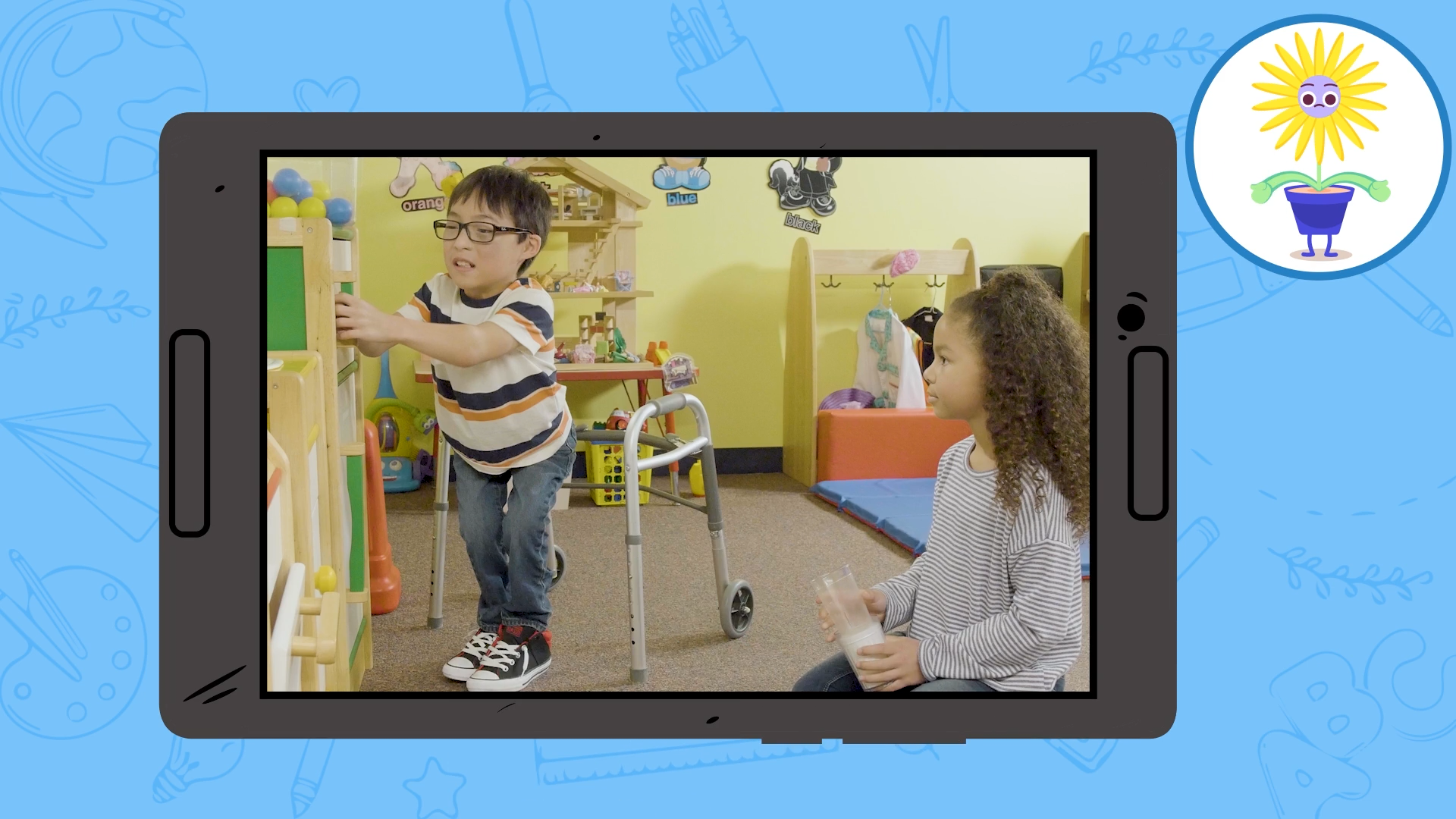
Developing independence is an essential skill for young children. As they grow, they will encounter situations that require them to be self-sufficient and make decisions on their own. In this blog post, we will explore an engaging, no-prep activity that promotes independence in PreK students, followed by discussion questions that encourage further exploration of the topic. We will also touch on related skills and suggest next steps for educators interested in incorporating more social-emotional learning (SEL) resources into their curriculum.
Introduction
Independence is a crucial aspect of social-emotional learning, as it helps children develop confidence, problem-solving abilities, and resilience. By nurturing independence in PreK students, educators can lay the foundation for a lifelong journey of personal growth and self-discovery. The activity and discussion questions presented in this post are designed to help educators introduce the concept of independence to young learners in a fun and engaging way.
No-Prep Activity: Five-Finger Breathing
Five-finger breathing is a simple, no-prep activity that requires no materials and can be done anywhere. This mindfulness exercise helps children become more aware of their emotions, which is an essential first step in learning to be independent. Here’s how to do it:
- Ask the students to hold up one hand and spread their fingers.
- Instruct them to trace their fingers with the index finger of their other hand while taking deep breaths.
- As they trace up a finger, they should breathe in, and as they trace down a finger, they should breathe out.
- Repeat this process for each finger, encouraging the students to focus on their breath and the sensation of their fingers touching.
This activity helps students calm down and become more present, allowing them to approach problems with a clear mind and a greater sense of independence.
Discussion Questions
After completing the five-finger breathing exercise, engage students in a discussion about independence by asking the following questions:
- What does it mean to be independent? Can you think of a time when you were independent?
- Why is it important to try to solve problems on our own before asking for help?
- What are some small problems you can solve by yourself? How do you feel when you solve a problem independently?
- What can you do if you try to solve a problem on your own but still need help?
- How can being independent make us feel more confident and capable?
Related Skills
Independence is closely related to other SEL skills that can help students navigate various challenges throughout their lives. Some of these skills include:
- Problem-solving: Learning to analyze situations, identify possible solutions, and implement the best course of action.
- Resilience: Developing the ability to bounce back from setbacks and adapt to change.
- Self-awareness: Recognizing one’s emotions, strengths, and weaknesses, and understanding how they influence behavior.
- Self-management: Controlling emotions, thoughts, and behaviors in different situations and pursuing personal goals.
Next Steps
If you’re interested in incorporating more SEL activities and resources into your PreK curriculum, consider signing up for free sample materials at Everyday Speech. These resources can help you create a more engaging and supportive learning environment that nurtures the social-emotional development of your students. By fostering independence and other SEL skills, you can empower your students to become confident, resilient individuals who are better equipped to handle the challenges they’ll face throughout their lives.









